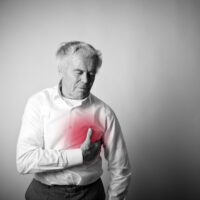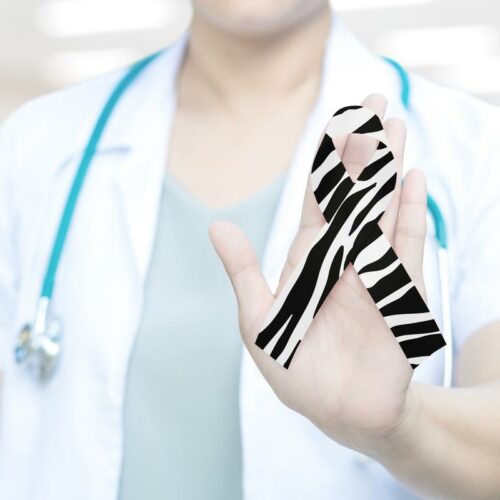How is schizophrenia treated?
Schizophrenia is one of the most disruptive chronic mental disorders. Neither are the causes known nor are there any known cures. It causes untold anxiety and disruption in the family. It is by no means easy for any family to make the needed commitment and pay the required attention to the patient forever.

However, if the disease is diagnosed early on and the complete package of medication is prescribed, its uninterrupted administration and continuation even during remissions, counseling, commitment, and constant attention to the patient are provided, then the person with schizophrenia can lead an active, productive and socially acceptable life. Many support groups are available in almost all societies these days. Most societies are aware of their responsibility in not contributing to a trigger that might lead to a flare up. These developments have significantly reduced the burden on the families of a schizophrenic.
The antipsychotic medications are grouped into conventional or typical and are medicines which control the symptoms like delusions, hallucinations, and the confusion of a schizophrenic.These medication regulate mood and perceptions. They stabilize the nerves in the brain and help to calm down anxiety and agitation. Many of these medications provide relief quite quickly and control impulsive behavior. With these medications, a person gets back to relatively calmer mood after a week or so. The second group is called atypical or new generation medicines that treat all symptoms with fewer side effects. The third but smaller category of drugs is known as “miscellaneous antipsychotic agents.” These drugs act differently from both the typical and atypical antipsychotic medications. These are used to treat agitation in people with schizophrenia.
Side effects are a common feature of all antipsychotic drugs.They range from mild ones like dryness of mouth,constipation, blurred vision, drowsiness, and dizziness and generally go away after a few days of usage. The more troublesome symptoms are muscle control, pacing, tremors, and facial tics. Newer generation medicines, on the other hand, have lesser side effects. However, any change in medication has to be with the concurrence of the physician as many of the side effects can be dealt with. All in all, early diagnosis, proper holistic management, and modern drugs offers a good prognosis of a life where an active, productive, and socially acceptable behavior is possible.











